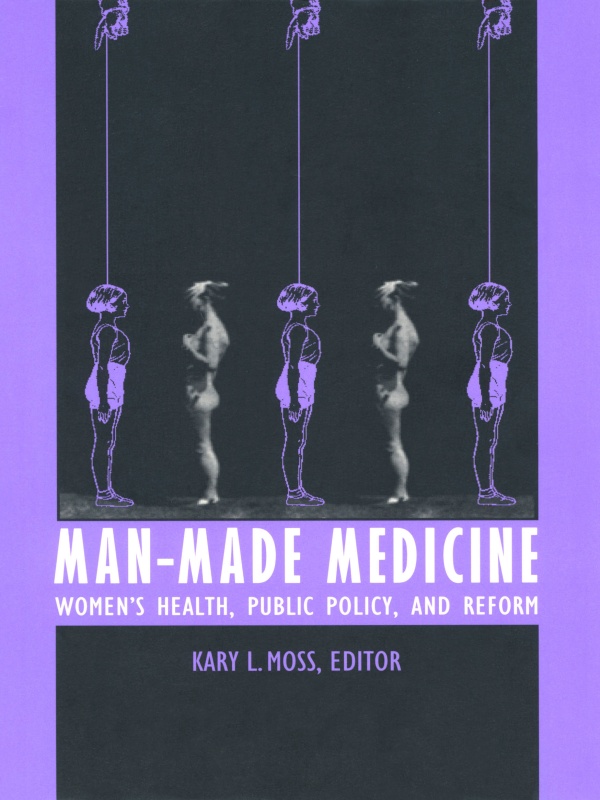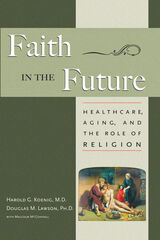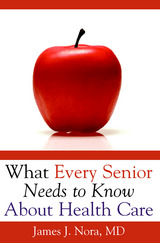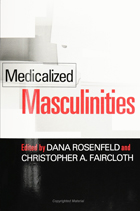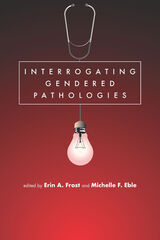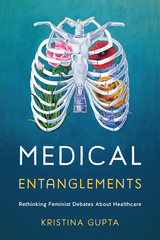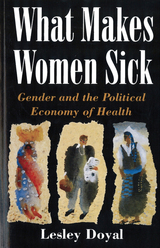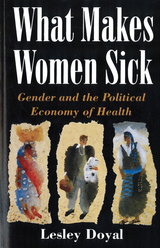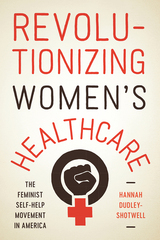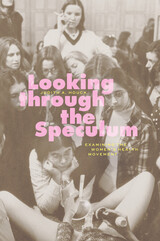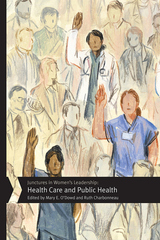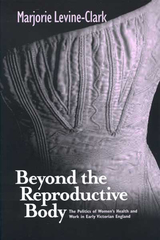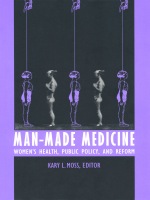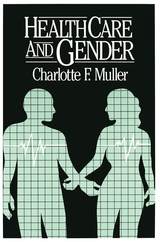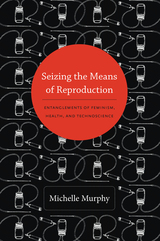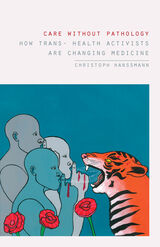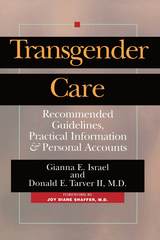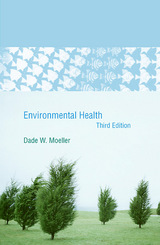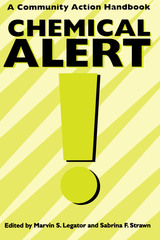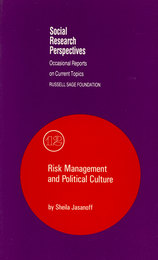Man-Made Medicine: Women’s Health, Public Policy, and Reform
Duke University Press, 1996
eISBN: 978-0-8223-9952-0 | Paper: 978-0-8223-1816-3 | Cloth: 978-0-8223-1811-8
Library of Congress Classification RA564.85.M36 1996
Dewey Decimal Classification 362.1082
eISBN: 978-0-8223-9952-0 | Paper: 978-0-8223-1816-3 | Cloth: 978-0-8223-1811-8
Library of Congress Classification RA564.85.M36 1996
Dewey Decimal Classification 362.1082
ABOUT THIS BOOK | AUTHOR BIOGRAPHY | REVIEWS | TOC | REQUEST ACCESSIBLE FILE
ABOUT THIS BOOK
If not for the reproductive functions of women, would there be anything called women’s health care? A review of medical literature, practice, and policy in this country would suggest that the answer is no. Offering a startling view of the current state of health care for women in the United States and laying the foundation for a new, widely defined women’s medicine, Man-Made Medicine makes an urgent statement about gender bias in the medical establishment and its pernicious effects on the well-being of women and the care they receive.
These essays by physicians, lawyers, activists, and scholars present a rare interdisciplinary approach to a complex set of issues. Gender stereotyping and bias in the collection, analysis, and reporting of scientific data and in the ways health-related news is covered by the media are examined. The exclusion of women from the health care policy-making process and the effect such exclusion has on the determination of priorities among potential areas of research are also explored. With discussions of the plight of specific populations of women whose health care needs are not being sufficiently met—for example, immigrants, prisoners, the mentally ill, or women with HIV/AIDS, disabilities, or reproductive health problems—this book considers matters of race and class within the parameters of gender as it builds a fundamental challenge to the existing health care system. A range of current reform proposals are also evaluated in terms of their potential impact on women.
Suggesting no less than a radical rethinking of women’s medicine, Man-Made Medicine gives essential direction to the discussions that will shape the future of health care in this country. It will be of great interest to a wide audience, including health care advocates, policymakers, scholars, and readers generally concerned with women’s health issues.
These essays by physicians, lawyers, activists, and scholars present a rare interdisciplinary approach to a complex set of issues. Gender stereotyping and bias in the collection, analysis, and reporting of scientific data and in the ways health-related news is covered by the media are examined. The exclusion of women from the health care policy-making process and the effect such exclusion has on the determination of priorities among potential areas of research are also explored. With discussions of the plight of specific populations of women whose health care needs are not being sufficiently met—for example, immigrants, prisoners, the mentally ill, or women with HIV/AIDS, disabilities, or reproductive health problems—this book considers matters of race and class within the parameters of gender as it builds a fundamental challenge to the existing health care system. A range of current reform proposals are also evaluated in terms of their potential impact on women.
Suggesting no less than a radical rethinking of women’s medicine, Man-Made Medicine gives essential direction to the discussions that will shape the future of health care in this country. It will be of great interest to a wide audience, including health care advocates, policymakers, scholars, and readers generally concerned with women’s health issues.
Contributors. Ellen Barry, Laurie Beck, Joan Bertin, Janet Calvo, Wendy Chavkin, Kay Dickersin, Abigail English, Elizabeth Fee, Carol Gill, Nancy Krieger, Joyce McConnell, Judy Norsigian, Ann Scales, Susan Stefan, Lauren Schnaper, Catherine Teare
See other books on: Health and hygiene | Health Care Delivery | Reform | Sociological aspects | Women's Health
See other titles from Duke University Press
